Community Projects, InterviewsBehind the Palms: The Birth of SurfAid
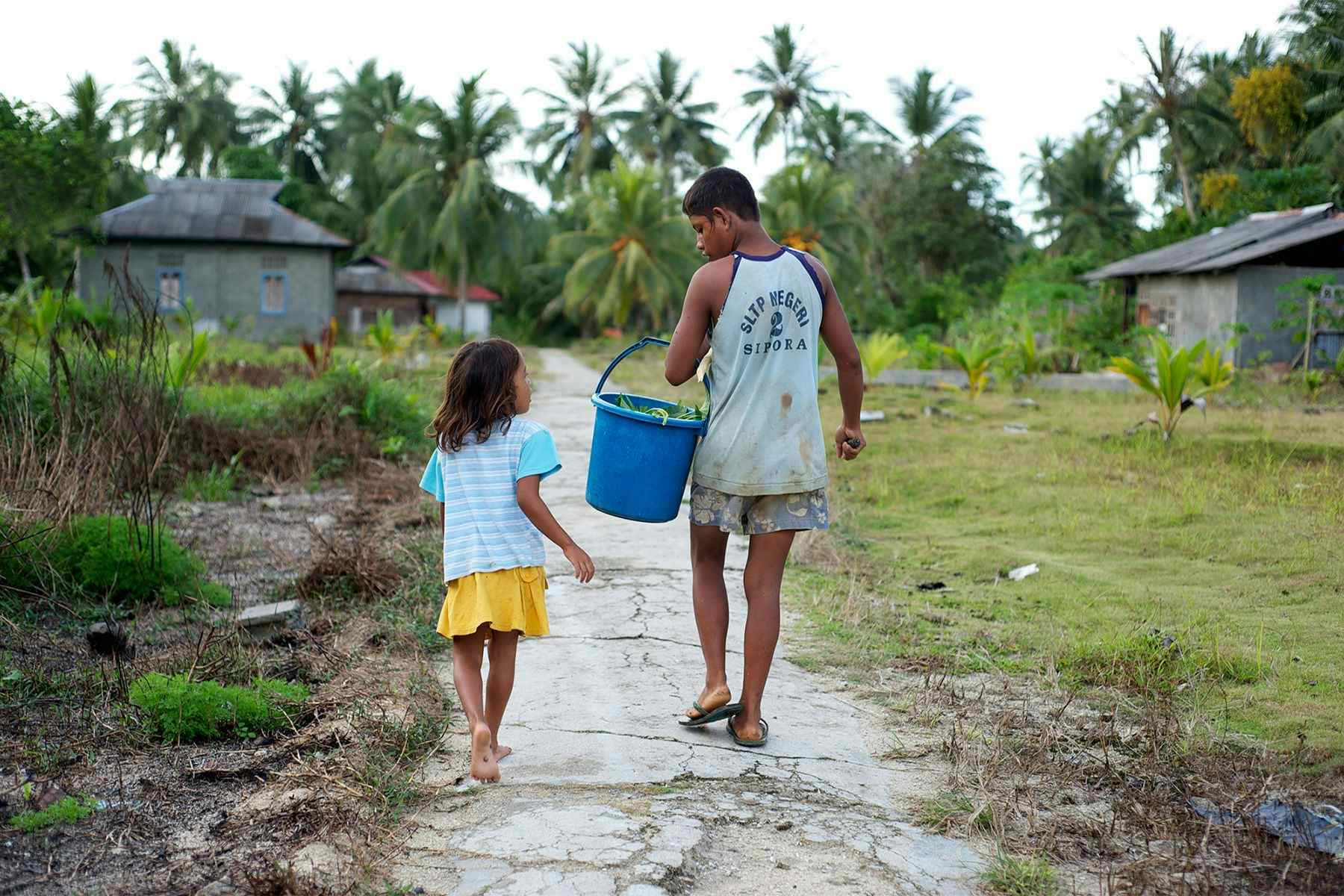
Back in 1999, during a seemingly regular Mentawaii surf trip, Dr. Dave Jenkins had an insight. He looked back at the palm trees, wondering what was happening on shore. He paddled in to check.
“I saw women and children dying from malaria, malnutrition and inadequate living standards – things that I knew were treatable and, better still, preventable by helping them change behaviours such as basic hygiene and better breastfeeding practices.”
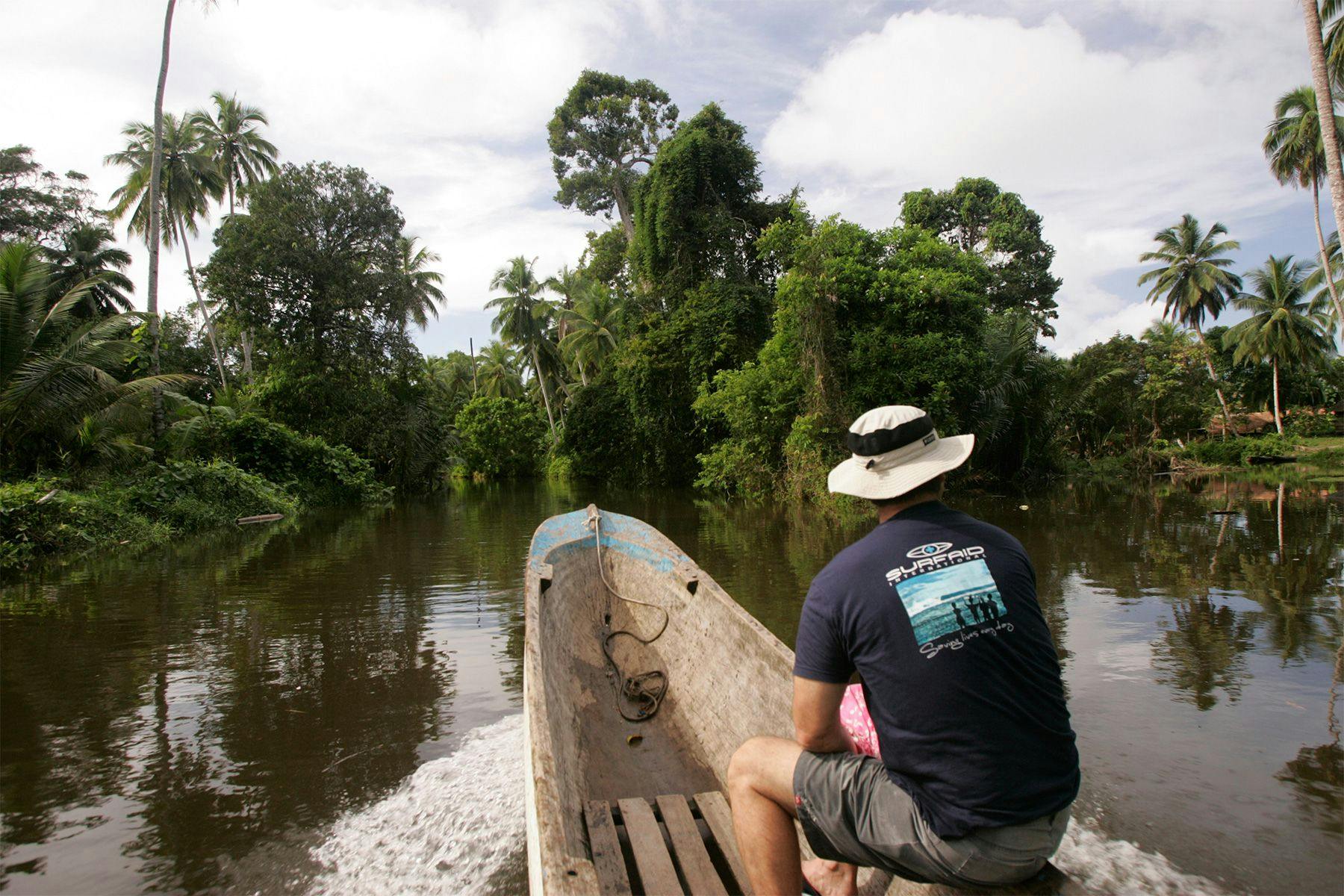
Haunted by visions of the small graves he saw at the local graveyard, Dr. Jenkins returned to his corporate job in Singapore feeling restless. He began to question his life in general, but more so whether his skills as a doctor were being put to meaningful use. Somehow, though, amidst waves of frustration, he also found potential solutions.
“After wrestling with my voices of self-interest, I left my job and headed home to a new challenge.”
With the help of two close friends – Dr Steve Hathaway, a world-renowned public health specialist, and lawyer Phil Dreifuss – they lured 25 other surfers to a crayfish barbecue, managing to get the 25 signatures and the $25pp fee needed to register a non-profit in New Zealand. On 26 January 2000 SurfAid was born.
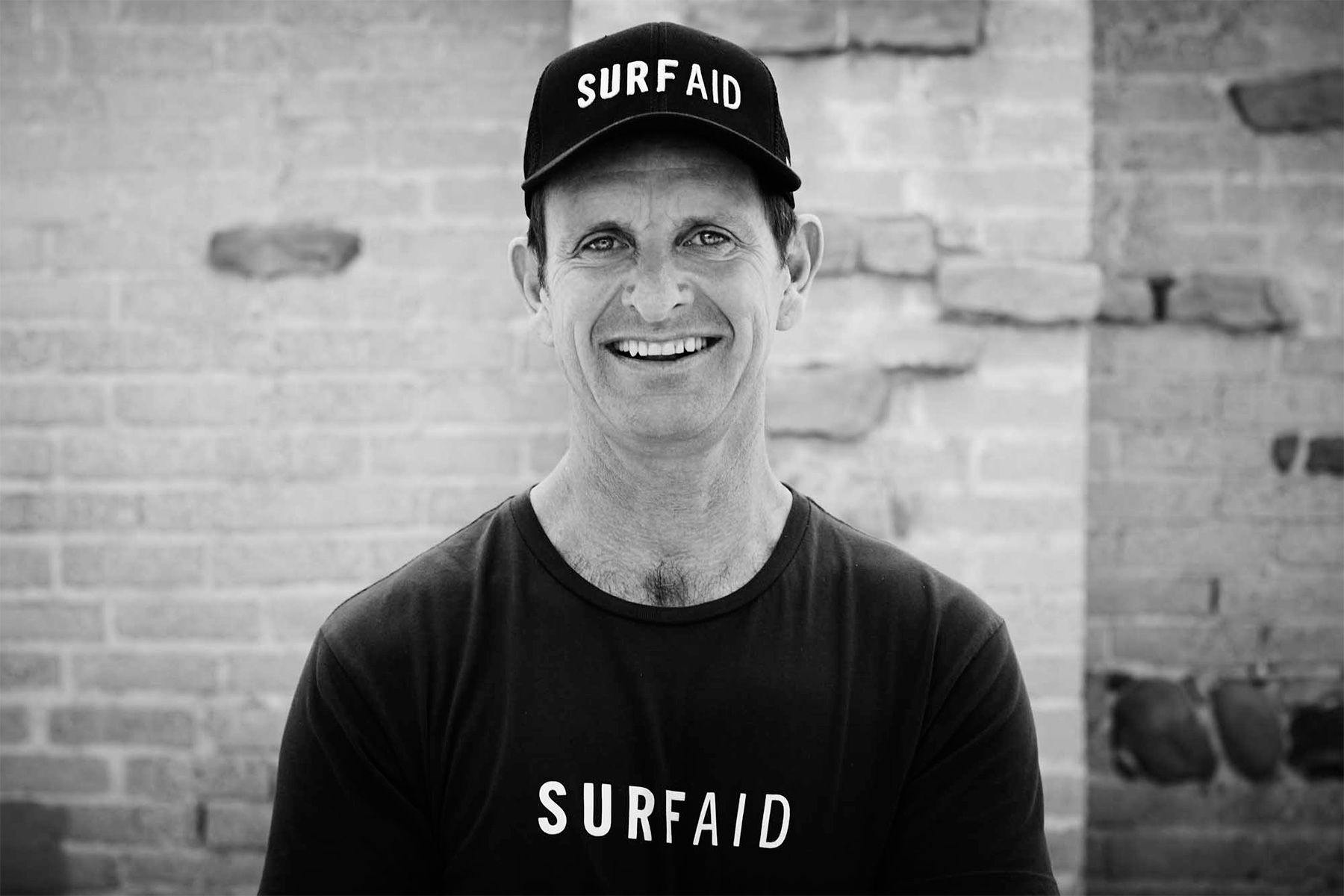
I first came across SurfAid in Dr. Dave Jenkins’ TED Talk (which I recommend watching before reading on). Although I can’t pinpoint what aspect of the talk caught my attention, I know it relates to the conviction with which he advocates living by our values and doing what we believe is the right thing. When it comes to humanitarian and environmental matters, surfing is no doubt a powerful medium for translating and transmitting values in a positive way. After all, it is, for the most part, an open-minded, progressive, health-oriented culture. But it also bears an element of self-interest in the individualistic essence of its practice: Staring out to sea as we normally do, our necks stretching and pupils dilating with the prospect of a set standing up on the horizon, it can be hard to look back or around us. Yet, stories like SurfAid’s make us realise that by questioning our values and embracing the holistic aspects of surfing, we can practice altruism even whilst getting barrelled.
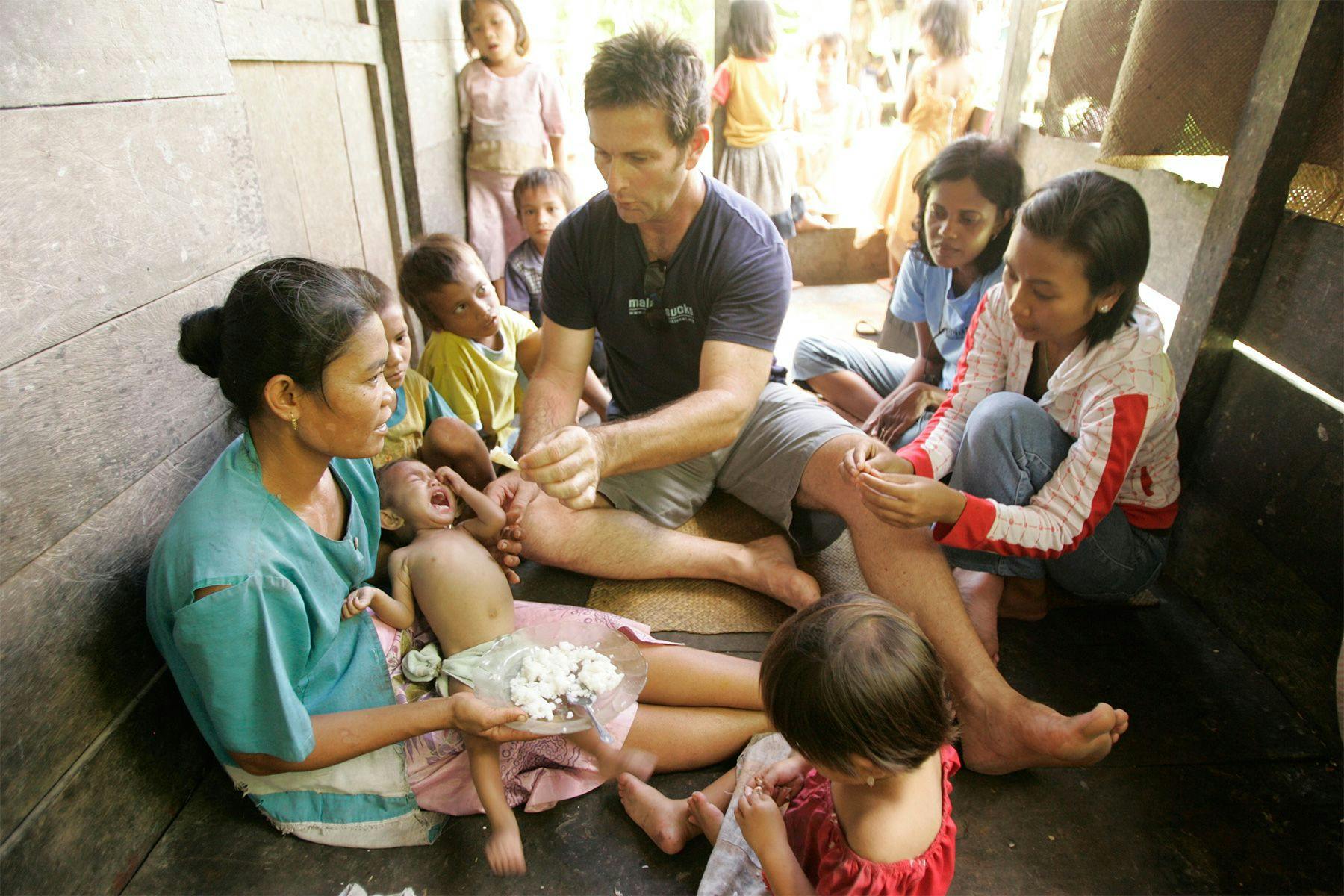
At the end of your TED Talk, you say “If we don’t live according to our values, who are we?”. What are some of the values you’ve embodied and nurtured over the years?
I think some of those values are about doing what you absolutely feel is the right thing when all the noise is peeled away. In my case, I was sitting on a boat looking back and knowing what was occurring behind the palms, and just understanding that there was an opportunity to really change things, to say thanks for all the amazing time we surfers have had in the Mentawaii as well as other places. I think it’s just getting right down to who you are. It’s natural for us to have empathy, if only we allow it to come forward. And it’s natural for us to be generous and to want children, especially, to grow up healthy. So, just being true to those values I think has been really important.
As the founder of an organization, which of your own personal values did you hope to infuse into it? How was the process of transforming abstract moral principles into an effective framework?
The process of transforming moral principals into an effective framework starts with your own approach, your own leadership skill – nothing is more powerful than action. Getting out there and living in villages as we did, making a very big effort to understand the culture, to listen to what the people we were trying to help had to say and to allow them to be not a part, but the biggest part of the process. So having that approach and attitude, one of respect for the culture, whilst also acknowledging that there is change going on in every village in the world; not assuming that they’re stuck necessarily, but looking for and being able to tap into the organic change processes rather than bringing to them what we assume would be better.
One of the things that I’m most proud about SurfAid is its culture percolated down from the board level to the top management, and then right down to all of our field staff. And the locals see our interests; they see us come out there and sit on motorbikes for six hours to get to the village. We’re clearly out of our comfort zone, but we do it because we are passionate, because we care about them and our beneficiaries. Also, the way we celebrate our staff and allow them to have a say I think is an important part of that leadership you need. We have people who are three or four days away from their home, living in remote villages where they can’t even call their children or their spouses. It’s a huge sacrifice and when they [the locals] see us come, they know that we too are making sacrifices. It’s a process of leading by example.
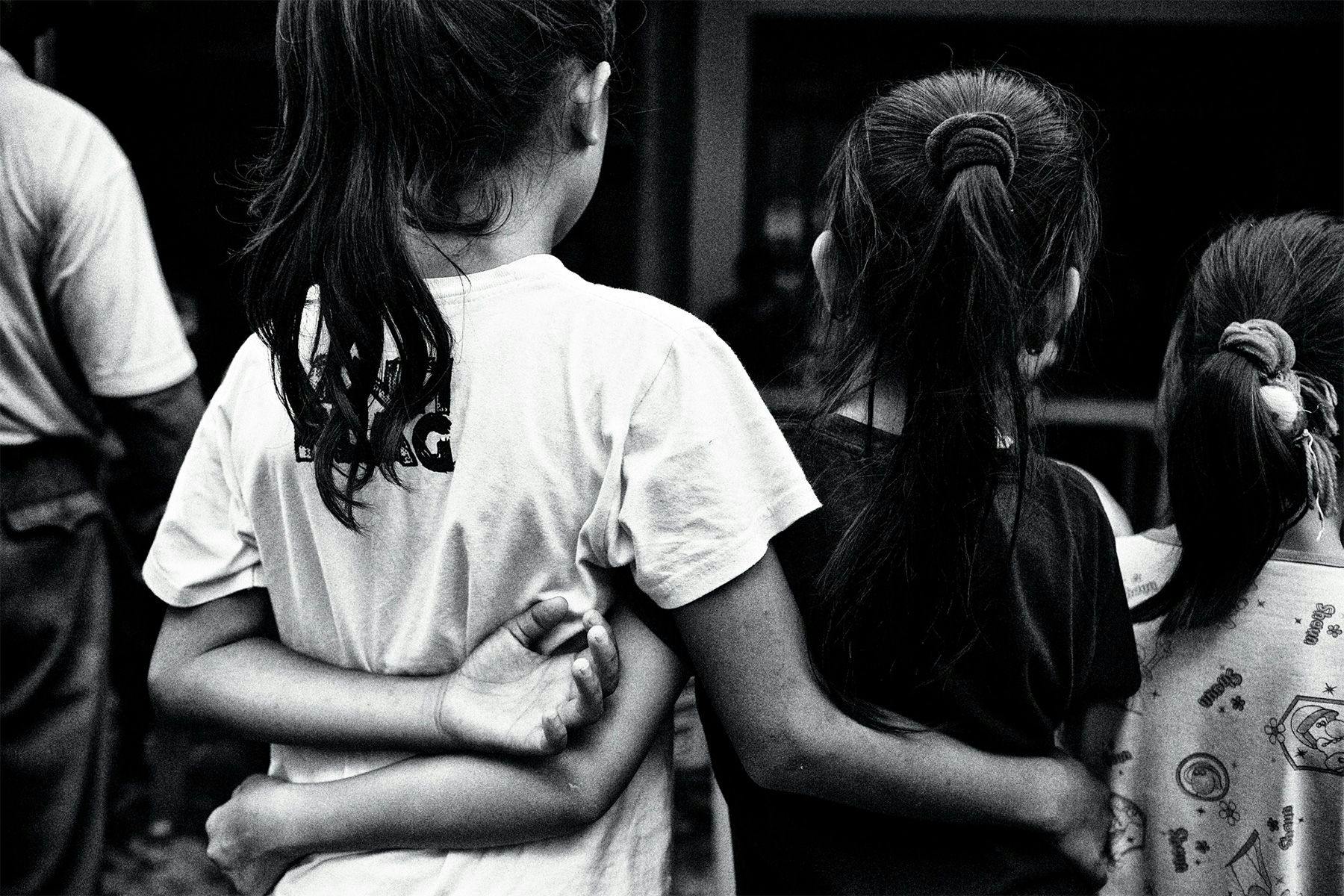
Leaving a stable job for a venture such as establishing an NGO (which is neither focused on nor guaranteed to give you financial stability) must be a daunting step. Yet, you did just that, while also putting your dream of sailing the world aside. What motivated you to take this “leap of faith”?
A daunting step – yes. Leaving your dream behind – it wasn’t easy and I have to be honest and say there were times when I didn’t think I could pull it off. You know, it’s a pretty healthy dream to sail the world. But some of my friends who know I’m not very good at fixing things now joke that, despite being a pretty good sailor, maybe SurfAid saved my life in more ways than one in that I may have been marooned out at sea, unable to fix something.
The leap of faith… Well, I think it’s like that old saying “take the path least trodden and it will make all the difference” – and it has. SurfAid has been an extraordinary journey personally, one that fills me with absolute joy and pride. So if you want to have an extra-ordinary life, do something extraordinary. And there’s no way around it – it will always test you. If you’re not ready for it now, then prepare yourself for that leap of faith. There’s another old saying, “persistence is omnipotent”. I think that probably more than anything else that’s what I had to offer – absolute persistence.
There was a point in SurfAid’s history where we had no money and it didn’t look like we were going to have any money. The board said we had to seriously consider shutting down, but I said “No, we’re not. Even if it’s just me and a backpack and few mosquito nets, I’m carrying on”. That commitment was enough for them to regroup and, sure enough, within six months we’d had a little bit of a breakthrough, we had finance, and we have never had to face that decision again. So, I think it’s just about being stubborn and refusing to accept failure, but also learning along the way and accepting your mistakes.
How would you relate your rather instinctive move of establishing SurfAid to that of surfing a hollow, Indo reef-break?
Well, it gets back to a bit of faith. When you’re surfing a hollow Indo reef break you put yourself in that position for a reason: to challenge yourself, to get into a flow state, to bring all your skills and your training and your experience focused right into that moment. That’s very similar to founding SurfAid: there’s nothing like leaving your job and not knowing how you’re going to make a living to focus you on your mission.
And, of course, there are always consequences if you don’t make it. On a reef break it’s a few scars on the back and I think it’s fair to say I have quite a few scars on my back. Not literally because I’m not the world’s best hollow Indo reef break rider, but I have scars from some of the mistakes I’ve made in the journey of SurfAid. I don’t really have many regrets but they are scars nonetheless.
Considering that surfing is often associated with the promotion of a healthy lifestyle and that many foreign surfers who go on a trip to Indo, for example, are well-off and relatively educated, what do you think stops most of us from extending that mindset to the local communities?
For most people, going on a surf trip is a very peak experience of our surfing back home, so we do get very focused on that. We just don’t have a consciousness about what’s going on behind the palms. That being said, I think a lot of people feel overwhelmed about what they could do, and there’s a lot of debate on whether they should do anything. So I think there’s enough confusion and mixed-messages going on, both internally and externally, for people just to go “Well, I’m not sure about this so let’s just focus on the peak surf experience that I’ve worked hard and paid for and here I am, so away we go”.
On a similar note, from your own experience as a travelling surfer-doctor, how can we, outsiders, help people who may be suffering in vain due to a lack of accessibility to health care and education? Or better yet, should we?
I think there is always room for an act of human kindness but I also think that you should be very careful what you do. For example, I’ve heard so many discussions about what if some kid is brought out with really high, long-lasting fever looking like he/she could die – should you give him/her the antibiotic that you have in your bag? It’s debatable, but in this case, probably. Still, you’ve also got to be aware about the hand out mentality – something that we’ve been very concerned about in SurfAid – as a hand out will often do long-term damage. Maybe a short-term gain, but it sets up an expectation that future improvements around the quality of life of these people would depend on outsiders, which is so wrong. They are changing themselves, they are capable of changing and if you teach them that they can change and give them a process for that then you can add much more value.
The problem is if you’re travelling you don’t really have time for that. So, if I’m pushed in a corner and asked what should you do, I think you should choose something very small; some small behaviour change and try to spark a discussion about it. Whether that is hand-washing or eating the wild spinach, giving it to the kids – just a small conversation and sharing your thoughts to spark a debate. Anyway, it’s rare that on a surf trip people do this. That’s why we, SurfAid, exist: So we have the time, resources and local staff to understand the culture and to do the long-term programs that are required.
A part of your TED Talk that struck me – for being a clear illustration of “culture shock” – was when you described how after one of your first visits to the islands off Sumatra you saw a kid fishing with one of the mosquito nets you had provided villagers with to protect them from Malaria. In this context, how does SurfAid go about “educating” locals of the health issues, threats and prevention methods in question?
We learned very early on – fortunately, because we didn’t waste much money in that initial mosquito net distribution – a very valuable lesson that we still use today, 18 years later, and that is you don’t teach people by standing there in front of them giving them a lecture. People have to be involved in understanding the underlying reasons as well as partake in the actual process of education for what they will do. When we realised that very first failure we could’ve broken down – and we did a little bit for ten minutes. But after we saw the guy fishing with the mosquito net we said “OK, clearly we’ve got a lot to learn”. So we made a big re-commitment: let’s go live in the village and start asking questions rather than making statements about what Malaria is.
We found out they thought Malaria came from young coconut juice or evil forest spirits. Then, we started talking to the chiefs, the teachers, the government and spiritual leaders, asking them things like “How does change occur here effectively?”, “What changes have occurred that have stuck?”, “How did that happen and do we replicate those processes and what would the people listen to?”. They told us they love songs and entertainment, so we really just facilitated them writing a Malaria play. Instead of falling asleep with me lecturing them in my bad Indonesian, they engaged in the play and belly laughed and remembered. After that we had a 95% uptake of mosquito nets and, consequently, a 75% reduction of Malaria rates.
We use a similar process, for example, in sanitation. The world is scattered with millions of dollars spent on empty toilet blocks and I’ve had arguments with large agencies about spending a lot of money, donors’ money, building toilet blocks without engaging the local population, only for them to be left empty (I’ve got a picture of duck who’d set up home in one of these toilet blocks). In our sanitation program, we trigger what’s called “shame, empower, and walk away”. It may seem politically unsound but we actually get the community together and ask them why they’ve got diarrhoea all the time. We tell them that they’re eating each other’s shit and we explain to them how that has happened: we go around the village, map out where they are shitting openly and literally ask them “Do you want to stop eating each other’s shit?”. Then, we show them how to build basic, simple toilets and how to wash their hands properly, all of which has a dramatic effect on the process of sanitation. So, we use these engaging, sometimes provocative means, but always involving and empowering the local people to take control of their own health.
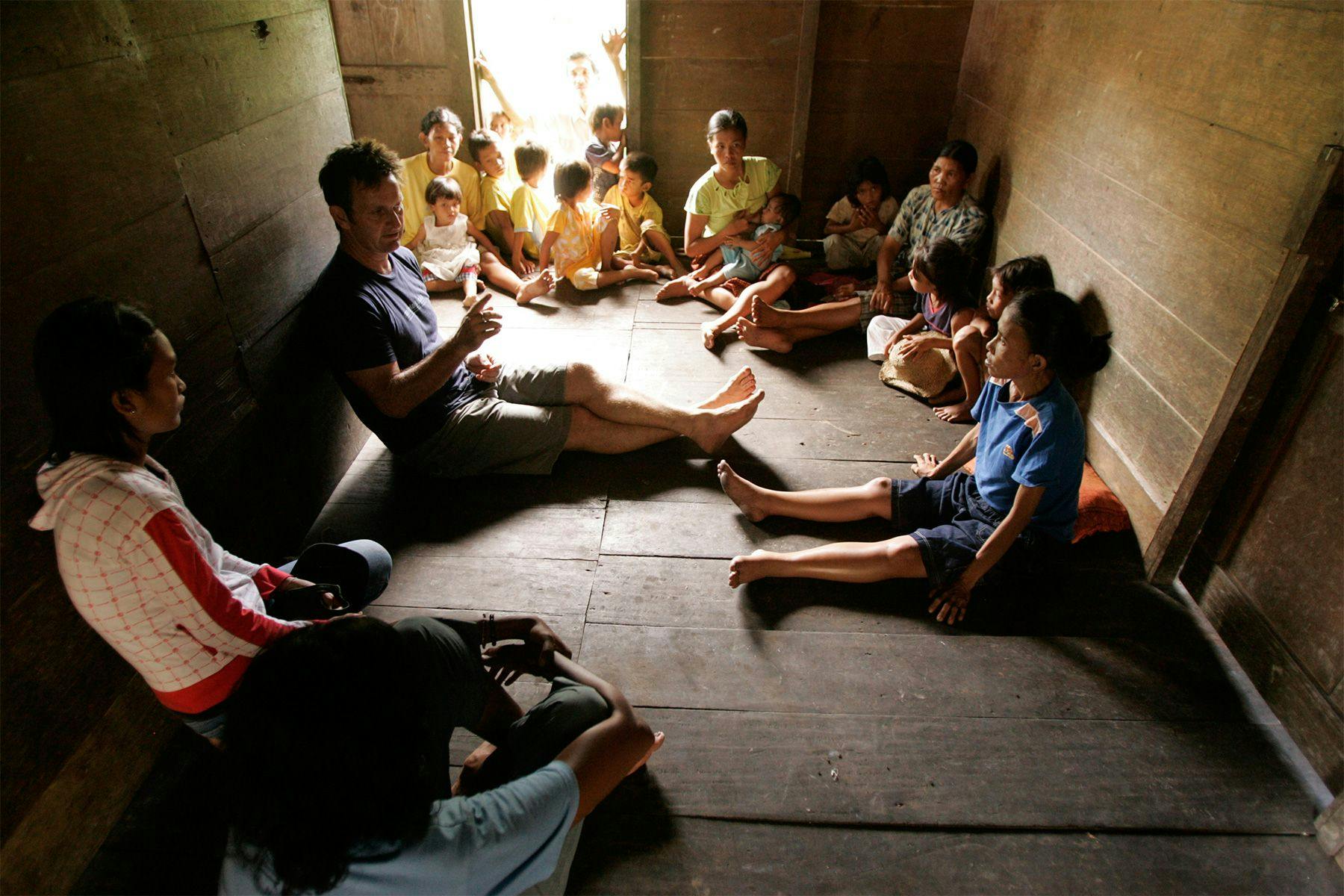
From a project management perspective – let’s say you just came across a new community which could benefit from your assistance. What does the process of implementing and maintaining a program look like?
We have to work collaboratively both with the local villages and with the government and we have realised that it’s far better to take a longer period of time in the lead-up. That’s one of the differences between our model and other agencies: we don’t just go in there. First, we ask the question “Is this village ready for us?”, “Is their own leadership ready to be part of this”, “Does the government want us there?” and “Do the government accept that this is one of the most needy groups of villages?”. So, it’s a sweep-swap between “are the villages ready”, “there’s is genuine need” and “the government is willing to not only support but to really get involved as well”. But it can take six months or longer to finally settle on a group of villages where we will start a project.
For example, one of the ways in which SurfAid tackles malnutrition is by creating nutrition gardens, right?
A nutrition garden is a tool but the process of coming to a nutrition garden and getting the motivation to learn how to make one happens by helping the people understand the basics of health and nutrition and why children are dying. We then get them to start measuring how many kids are malnourished at a monthly mother-child health project we facilitate called Posyandu – which is the Indonesian government program but it has often fallen down in our areas. So the first step is re-igniting Posyandu and getting them to understand that the short little stunted kids is not normal, they’re actually chronically malnourished.
Once they understand that, they’ll start looking for solutions and at this point we sometimes use a process called “positive-deviance”. Not all children in villages are malnourished – there are some well-nourished ones. And it’s not always with the wealthier families; it’s just a mother or a mother-in-law who knows you’ve got to give a bit of coconut cream, more fish and some wild spinach to your one-year-old’s plate, not just rice. They’ve been passed down this wisdom in their family, so we get the ones with malnourished children to look at how that equally poor family is managing to keep their children well-nourished. We even get the mothers of the well-nourished children to teach cooking recipes. That’s a very big part of the process but it always comes back to getting them involved right from the get-go.
Although many of the health issues SurfAid deals with are easily preventable in our times, for some reason local governments are not taking the matters into their own hands, consequently urging NGOs to do so. What is your opinion about this system – should governments be held fully accountable for the lack of health care in faraway communities or are these “borderless matters” that should concern us all?
Yes, they should be held accountable. I think it’s a process of democracy isn’t it, to be held accountable. Yet, we also have to consider the history and that not every country has had a favourable past where democracy can be enacted in the remote areas. Indonesia itself is a case and point: 300 years of colonial rule and then a very nasty dictatorship. So I think that they’re doing relatively well in an emerging democracy.
We’ve seen more accountability out there in the rural areas. For example, villages in Nias now have a significant budget that they can coordinate themselves, which has made our work much more sustainable for they can buy piping to replace the water systems we’ve helped them build, or replace mosquito nets – it’s under their control. We are very optimistic but also realistic in that yes, it’s still an issue, but it is a process and it definitely is improving.
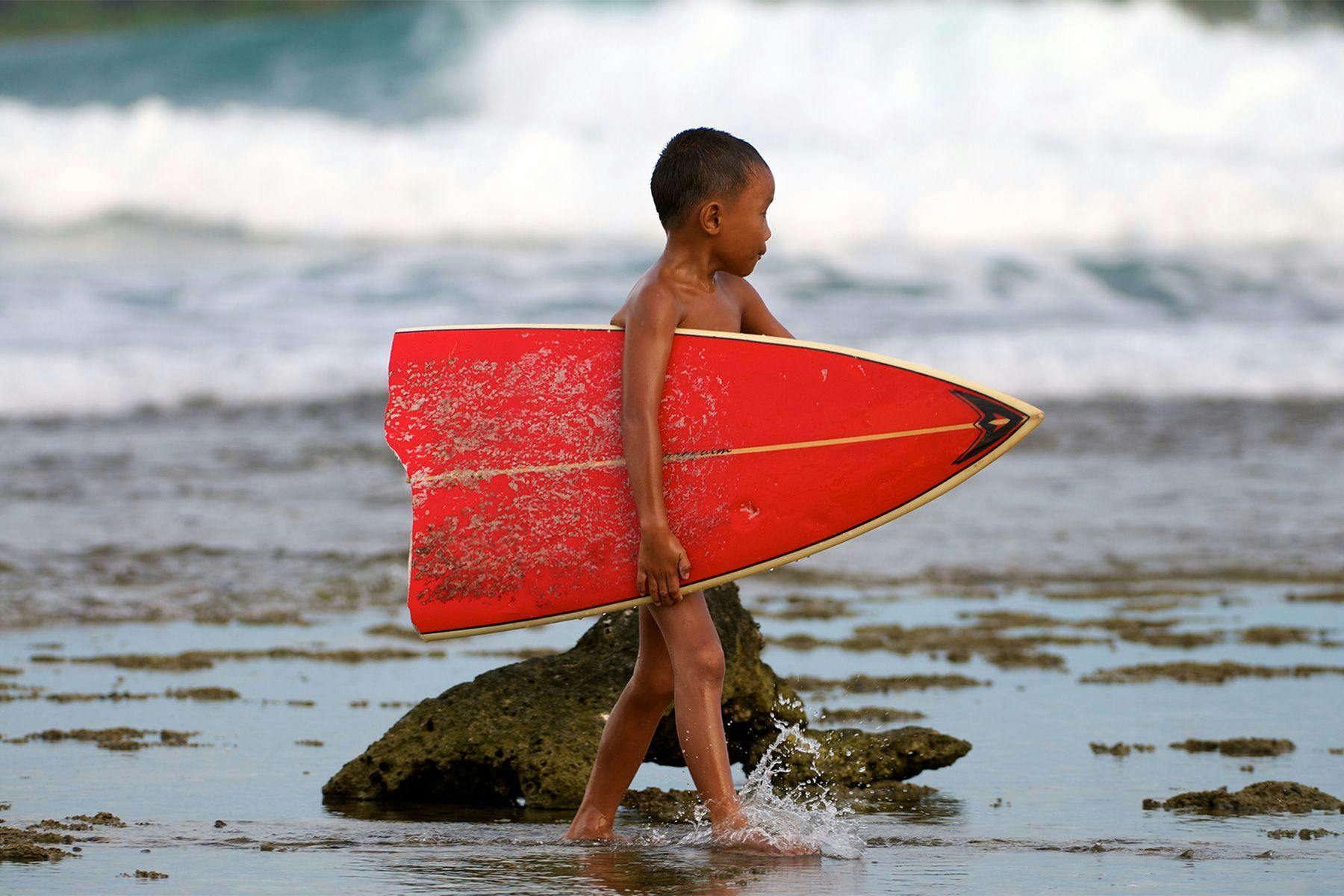
You also went through a tough period of re-thinking and re-organizing your role in the foundation.
The old issue of ‘founder’s syndrome’…Yes, it was a tough period. My personality is quite strong and, having given so much to the organization, I guess I felt that my ideas should be listened to and followed. But, in fact, I’m better off in the development phase of things. The skills and understanding and mindset that you need to set up an organization – which I did and do have – are not always the skills you need to grow, structure and manage an organization. Very good friends of mine made it clear to me that I needed to take on an opportunity for personal growth and they were the same people who helped us restructure my role in SurfAid. That helped tremendously, allowing better-qualified managers to assist with our growing number of staff and to create a really formal structure around SurfAid, which has enabled us to take on bigger projects and to manage them well.
“The skills and understanding and mindset that you need to set up an organization – which I did and do have – are not the skills you need to grow, structure and manage an organization.”
What does surfing mean to you personally?
Well, I’ve just got back from a surf right now actually and it was terrible; it was onshore, one to two feet, very tiny and we wondered whether we should even paddle out. But we paddled out because we knew we would feel better. We laughed out there, then had some moments of meditation and someone said that surfing is going to the “church of the open sky”. Surfing is a mind-body-spiritual experience; it’s very fundamental to my well-being and I look for it all the time. I try not be dependent on it to be happy, but I embrace every opportunity. I don’t surf for long these days – being very busy and getting older – but I do try and surf 4-5 times a week if I can, even if it’s only for a brief time. Or if I don’t, I go for a swim. So, surfing is still fundamentally important to me.
Apart from being the reason it all began, what would you say is the current role or relationship between surfing and SurfAid?
I think that for most surfers, surfing represents a mind-body-spirit combination and it’s the spiritual side of it that leads us to think about others, to think about having compassion and contributing to humanitarian projects. And you know, as you get older, you think about your legacy and your impact on the world, and I think if you’ve been lucky enough to be a surfer, to have spent time in the “church of the open sky”, you do start thinking about doing more for people. So why not help the people who have given us so much in these remote surfing locations.
Currently, SurfAid hosts programs in Indonesia. Any plans to expand in the future? If so, where to?
We currently work with four groups of villages in Indonesia – Sumba, Sumbawa, Mentawai and Nias – but we are in the process of planning to help some of the remote surf-related villages in Mexico. That’s extremely exciting for us since we acknowledge that Mexico, much like the Mentawaii and Nias, have made huge contributions to surfing, especially for North Americans. So we will be starting projects by partnering with local organizations – we don’t want to re-invent the wheel but we can add value as well as both technical and financial resources. We are now in the process of exploring what the best options will be and where we can do the best job to contribute to improving the quality of life of some of those communities in Mexico.
Surely that trip to the Mentawai almost 20 years ago and the subsequent creation of SurfAid must have changed your perceptions and taught yoou a lot both personally and professionally. How did it affect you as a surfer?
Well, I’m a better surfer, having spent time out there. But it’s a laugh: when we started we got accused that we were just looking to get paid to go live in surf paradise. Then, staff would come and say they called this “no-surf SurfAid” because they surfed a lot more at home. I think it has changed me in that, much like another saying goes, “the best surfer is the happiest one out there”. Just to be out there in the beautiful areas that we surf, either in tropical settings or back in NZ or Australia, has heightened my appreciation for the holistic aspects of surfing, including the culture. It has also sobered me a little bit, I have to say. You know, there are billionaires that have gone out on boats, known about us and not made any contribution nor have even seemed interested. So it has also been sobering from that perspective, which kind of is a mild source of irritation and sadness thinking of the people and children we could’ve saved with their help. In a way, being involved with SurfAid has also shown me the other side of humanity.
Something you would’ve liked to tell your younger-self before this journey with SurfAid started?
I guess it would be to listen more than speak, ask rather than tell. There is so much wisdom and examples of human kindness and empathy to understand and learn from others. Also, to not assume that your idea is the best – it may have value, or part of it may have value, but it may not. I think there are great assumptions, especially in what we do, in thinking that just because we have so much wonderful education we should offer it in the way it was taught to us. That is often wrong. We are not to come into these communities with the arrogance that our ideas are the right ones. Technically, the knowledge about Malaria and sanitation, for example, is very useful. But we should not assume that we have the right processes. So I would tell my younger self to listen, to be open, and to have the grace to accept that very often your ideas are inappropriate or outrightly wrong. And to test your ideas with other people before you think that you should just proceed. It could all probably be summed up as “be humble”.
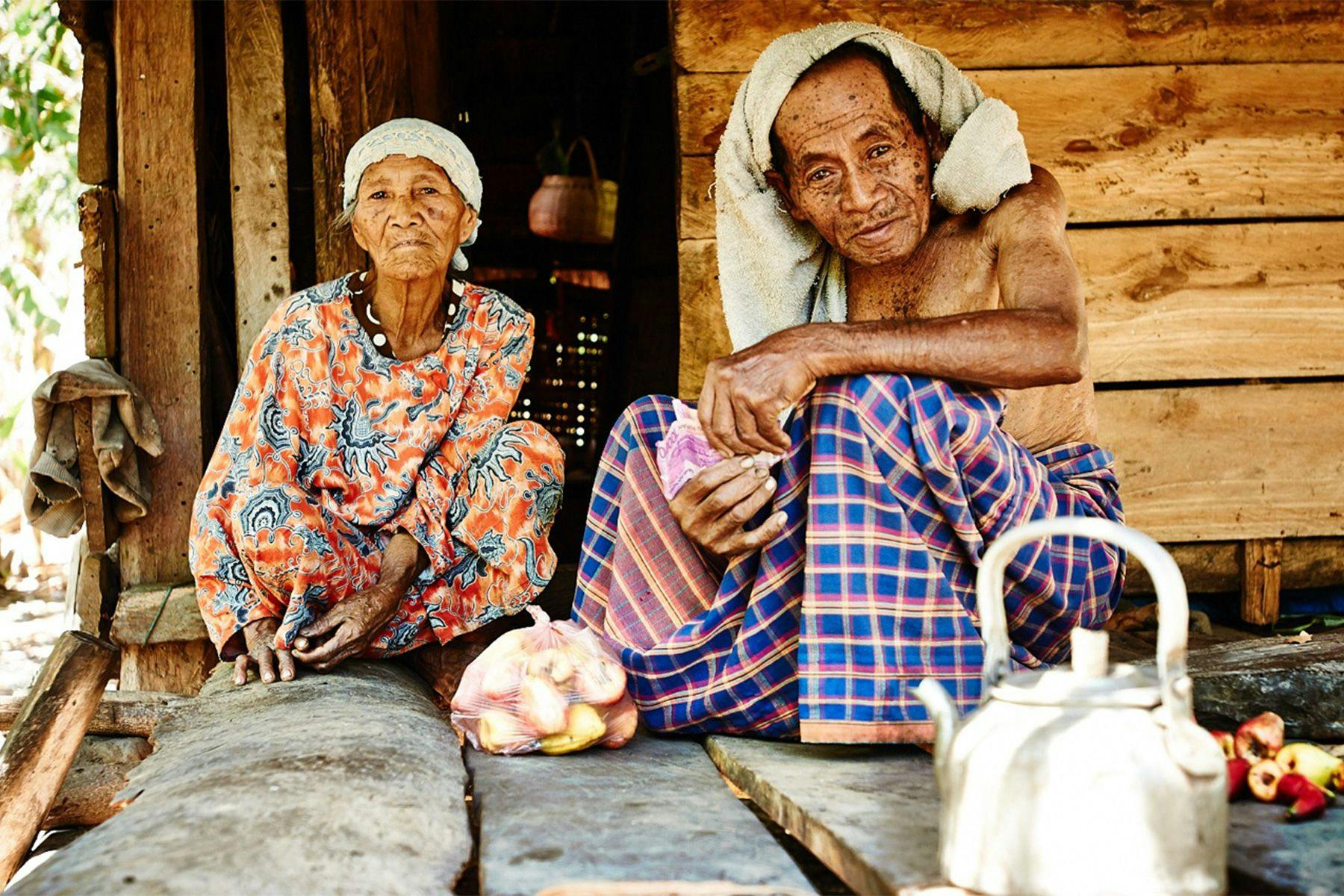
The author and Surf Simply would like to thank Dr. Dave Jenkins for his time and Erin Miserlis for the assistance with organizing the interview.
For more about SurfAid visit www.surfaid.org
The right to a healthy life from SURFAID on Vimeo.